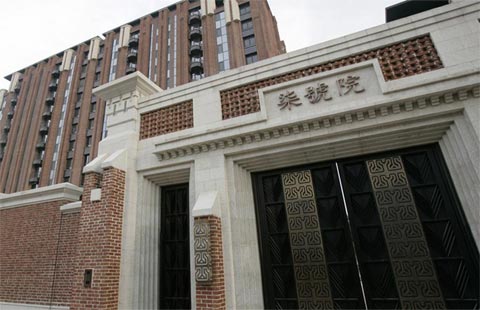Tight property loans restrain China's housing market
(Xinhua) Updated: 2014-06-04 17:16Zhu Zhongyi, vice-president of the China Real Estate Industry Associations, also said in a research note that the slowdown in mortgage lending and property development lending has exacerbated the general deceleration in the real estate market.
According to official data, sales of residential property slumped 7.7 percent during the first quarter of 2014 to 1.1 trillion yuan ($176.6 billion). Month to month, home prices have been falling in more of the 70-strong pool of major cities surveyed by the National Bureau of Statistics. Meanwhile, experts expect the cooling trend to continue.

|
 |
China's commercial banks have been reluctant to lend to individual home buyers since the end of last year, leaving the central bank's latest guidance with perhaps limited power.
Li Yujia, an analyst from Shenzhen Real Estate Research Center, noted that commercial banks used to issue a large amount of credit in the heyday of real estate.
"Now the banks have to bear the downward risks of the property market. That's why they have taken the conservative track," Li said.
Individual housing loans used to be a quality source of business for banks, but the situation may have changed.
For banks, housing loans incur high management and labor costs, and are less attractive because profits are wearing thin, according to Li.
Mortgage house loans took about 30 percent of new bank loans last year,but the percentage is declining this year, added Zeng Gang, a researcher at the Financial Research Institute under the Chinese Academy of Social Sciences.
Meanwhile, under the influence of interest rate liberalization and financial innovation, banks are also losing cash deposits and have fewer sources of funds at their disposal, hence their rising reluctance to lend.
- Reaping the wheat harvest in Henan
- NDRC gears up to support Xinjiang development
- Chinese stocks close lower Wednesday
- Training seminar to aid industrial transferring into Africa
- Pingtan pilot zone releases negative list
- Mobile health initiative set to take off in China
- Taste Austrian chocolate in Shanghai
- China welcomes US greenhouse gas plan

















